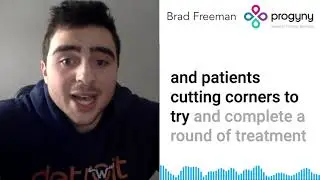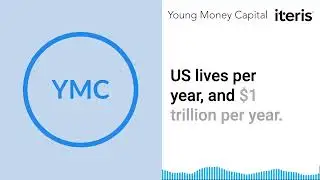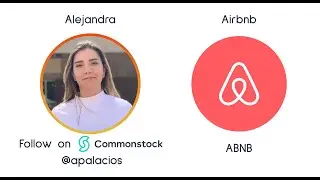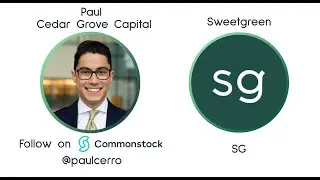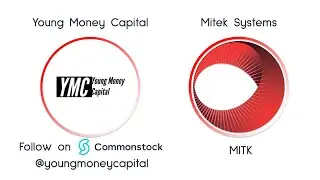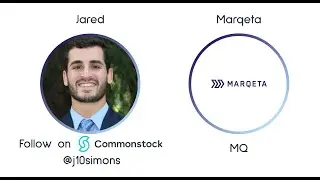Progyny stock pitch (PGNY)
Follow Brad Freeman on Commonstock: https://commonstock.com/stockmarketnerd
Progyny stock pitch transcript:
Progyny is a fertility benefits manager and they're really disrupting the space.
What happens in fertility benefits is there's very little legislative mandated coverage in the United States for providing fertility benefits. We use what's called limited lifetime dollar maximums, which places an artificial ceiling on how much an employee is allowed to spend on a given course of treatment.
88% of these treatment processes use limited lifetime dollar maximums. What this leads to is physicians or fertility specialists and patients cutting corners to try and complete a round of treatment within that mandated lifetime dollar maximum, which is roughly $16,000 versus around $60,000 for an average course of treatment.
So you can imagine how this pricing pressure really leads to decisions like no genetic testing or forced intrauterine insemination, or IVFs without any kind of genetic testing to truly know if that's what they should be doing.
For Progyny they've created, what's called a smart bundle, which allows several dozen courses of treatment to be bundled and combined together.
They have a patient care advocate that's assigned to every single patient that contacts with them and they really guide them as a consultant through which course of treatment to select how to adhere to medications, how to store medications.
The quantifiable edge that progeny enjoys:
16% higher pregnancy rate per IVF transfer versus the entire national average,
26% lower miscarriage rate,
25% higher live birth rate.
And they've been in business for six years and we've seen six years of constant expansion of these leads.
Versus competition, there's someone called Carrot Fertility, there's Maven.
There are others trying to do this. Now really what's important to understand is at the very beginning, Progyny signed behemoths like Microsoft and Amazon on as clients and these clients went to bat for Progyny to force the hand of providers to integrate with Progyny, to allow their reimbursements to be paid out on a pretax basis.
Now for Carrot and for Maven, they must pay out these benefits on a post-tax basis, which means that their members must pay income tax.
If we just take that $60,000 per average course of treatment and slap on a 24% income tax. That total savings for this pre-tax edge is $14,000 per course of treatment that's shared between the employer and the employee. But the conclusion is that the efficiencies within this upgrade that they've brought to the market are immense.
It's a 40% compounder should be through 2024, trades at for around a thirties EBITDA multiples. So this is very much a hyper-growth stock and priced so.
They are net income positive. They are free cashflow positive. That EBITDA margin on incremental revenue is pushing 30% versus around 13% for the business book as a whole. So there is more expansion coming and I will stop talking super fast and answer some questions now :)
















